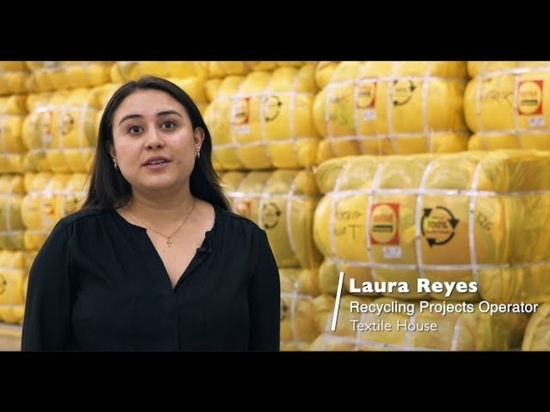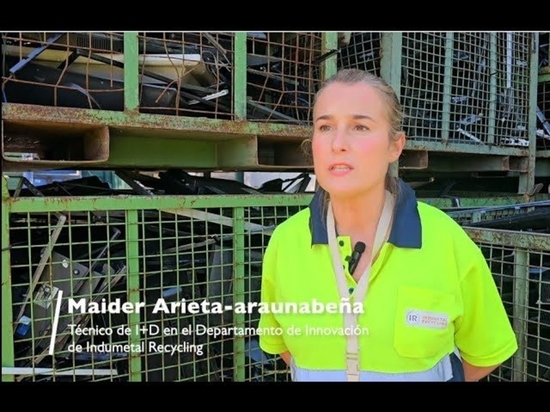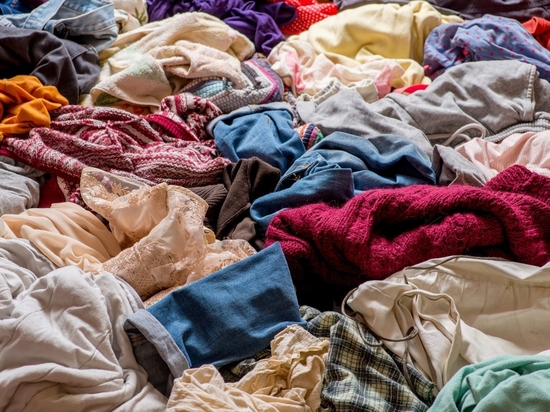
#Industry News
THE THREAT OF PELLETS AND OTHER MICROPLASTICS IN THE ECOSYSTEM
THE THREAT OF PELLETS AND OTHER MICROPLASTICS IN THE ECOSYSTEM
THE THREAT OF PELLETS AND OTHER MICROPLASTICS IN THE ECOSYSTEM
by Picvisa | Mar 13, 2024 | Plastics recycling
The recent accident in Galicia, where thousands of plastic pellets were dumped into the sea, has served as a stark reminder of the serious problem of microplastic pollution. More than an isolated incident, this incident invites us to reflect on the environmental repercussions of these tiny elements, their impact on marine life and the measures we can take to mitigate their presence in our oceans.
DANGER IN MINIATURE
Pellets, small plastic spheres the size of a lentil, are the raw material of the plastics industry. Their use is fundamental to the recycling cycle, but improper handling or accidents during transport can make them an invisible threat to the marine ecosystem.
A SILENT ENEMY
Accidental ingestion: microplastics, such as pellets, are ingested by marine life, from zooplankton to whales, mistaking them for food.
Impact on the food chain: ingestion of microplastics causes severe internal damage to animals, clogging their digestive systems and leading to their death.
Large-scale contamination: microplastics not only affect the animals that ingest them, but also contaminate the entire food chain, even reaching our tables.
ROOTS OF THE PROBLEM
Industrial production: leaks during the production, storage and transport of pellets are a major source of microplastics in the environment.
Waste management: inadequate management of plastic waste, including illegal dumping in landfills or directly into the sea, contributes to the proliferation of microplastics.
Lack of awareness: Lack of knowledge about the environmental impact of microplastics by the public and businesses exacerbates the problem.
RECYCLING: A VITAL TOOL
Plastic recycling is a fundamental tool for reducing the amount of waste we generate and mitigating its environmental impact. At PICVISA, with our innovative ECOFLAKE technology, we are at the forefront of optimising the recycling process. ECOFLAKE specialises in the accurate sorting of plastic flakes, guaranteeing their correct separation by material and colour, ensuring a higher quality of the resulting material that will end up becoming plastic pellets, ready to manufacture new plastic packaging. This advanced technology uses machine vision, with RGB and NIR cameras, to sort the flakes. In doing so, it ensures that only contaminant-free, properly sorted flakes advance to the next step in the process. This breakthrough represents a crucial step towards a more efficient and sustainable circular economy.
BEYOND RECYCLING
The fight against plastic pollution is not limited to recycling. It is essential to implement prevention measures to avoid the loss of pellets during production, transport and storage. Education and environmental awareness among the population and companies are key to reducing the generation of plastic waste. Fostering a culture of responsibility and conscious consumption is essential for a sustainable future. Research and development also play a crucial role. More research is needed to better understand the impact of microplastics on the environment and to develop innovative solutions for their elimination. Only through joint action and commitment from all stakeholders – governments, businesses, citizens and the scientific community – can we ensure a plastic-free future for generations to come. The threat of microplastics is real and urgent. Tackling it requires a joint effort by governments, business, civil society and each of us. Recycling, technological innovation, prevention, education and research are fundamental pillars to build a more sustainable future for our oceans and our planet.





